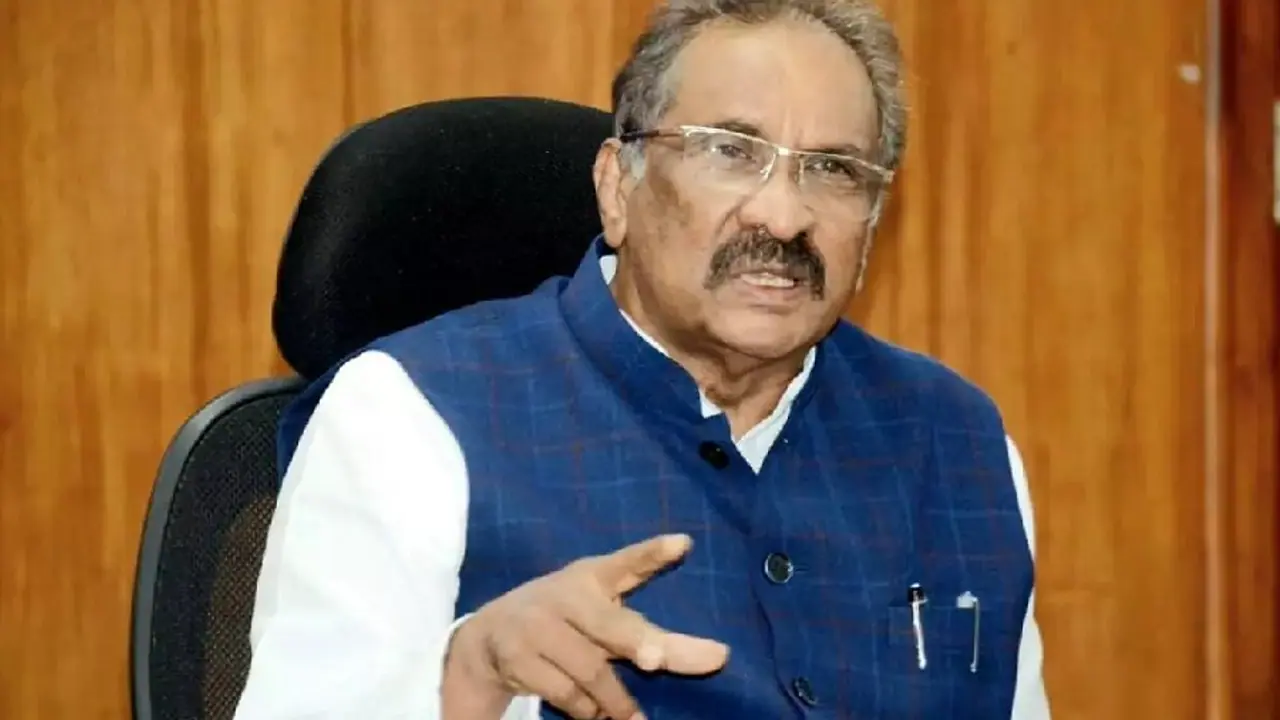Karnataka plans to install smart meters for all electricity consumers under the RDSS scheme, says Energy Minister KJ George. The move aims to improve billing efficiency and recover ₹15,000 crore in pending dues from government bodies.
Bengaluru: The Karnataka government, which earlier stated that smart meters would only be installed for new electricity connections, is now considering installing them for all types of consumers under the Revamped Distribution Sector Scheme (RDSS). A proposal is being prepared and will be presented to the cabinet in the coming days.

Central government may extend RDSS scheme
Speaking at a press conference at Vidhana Soudha, Energy Minister KJ George said the central government is likely to extend the RDSS scheme by another two years, which could enable phased implementation in Karnataka. However, final approval rests with the cabinet.
Smart meters for all consumers if cabinet approves
The minister clarified that the proposal is still in its early stages and will take time before reaching the cabinet. If approved, all electricity consumers, not just new connections, will be issued smart meters.
₹15,000 crore pending in electricity bills
Implementation of RDSS has been delayed due to outstanding electricity bills totalling ₹15,000 crore, mainly from government agencies. The Union Power Minister has now directed that smart meters be installed in government offices first, followed by local bodies. The state is considering imposing a 2% cess on local bodies to recover dues.
Sharavati project could triple power generation
Responding to a query about the Sharavati Pumped Storage Project in the Western Ghats, KJ George said the existing plant currently produces 1,000 MW of electricity. If the new project is implemented, capacity could triple to 3,000 MW. He criticised opposition to the project, saying it is not justified.
Power transmission target raised to 50,000 MW
KPTCL Managing Director Pankaj Kumar Pandey announced that the initial goal of increasing transmission line capacity to 35,000 MW has been revised. The new plan aims for a 50,000 MW capacity, following a study conducted in April. The project includes building three 765 KV substations in the northern, southern, and central regions of Karnataka.
Additional Chief Secretary Gaurav Gupta, BESCOM MD Dr N. Shivashankar, and other senior officials of the Energy Department were present at the press conference.


